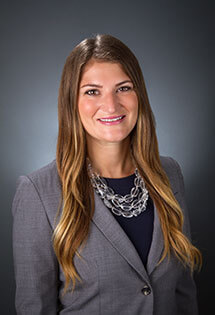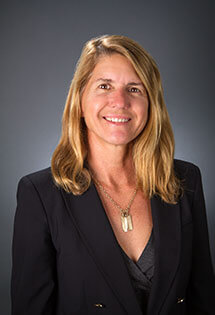

Longevity – Transitioning with Continued Impact
Kelli Ruby, CFP®, Wealth Management Advisor, Partner | Carolyn P. Taylor, President, Founding Partner | June 7, 2019
Modern medicine and healthier lifestyles have extended the life expectancy curve over the past 50 years, with the current life expectancy rates in the US just shy of 80 years old. Life expectancy has increased about 3 months per year for some time, with women outliving men and at the upper end of the curve. The 1950s planning model suggested individuals retire at or around age 65, with about 10 years in retirement until their plan ended at age 75. Now, we plan to age 95 for our clients, stretching retirement about 30 years.
Thirty years in retirement can feel like a long time! We often see clients asking themselves “what do I want to explore?” and “what do I have to offer?” during this phase of life. Advisors and Financial institutions like Fidelity strategize about how to plan for a long and impactful retirement.
We start with the financial plan. Like we’ve talked about many times before, a solid financial plan allows us to forecast spending and income in future years, accounting for market volatility and unplanned expenses. We look 5 to 10 years to the future, and if retirement is on the horizon we make a plan to transition our clients from their “working” years, which may have been a 9-to-5 career, to focus on goals and interests that create impact.
This transition looks different for everyone. A recent MarketWatch article highlighted the psychological effects that come with retirement – when your job is a large part of your identity, there might be anxiety about next steps. We have some options for those that aren’t quite ready to plan for transitions from full-time work.
Consulting – Many of our clients achieve a great amount of fulfillment with their current careers and prefer to transition out of retirement at a slower pace. Many times, this results in a consulting opportunity, shifting from W-2 wages to 1099 income. Individuals are contracted as sole proprietors and often have more flexibility in the hours, projects and people with which they work. They may lose the benefits they received as a full-time employee, like medical benefits and 401k contributions. Advisors like Weatherly can add value by suggesting alternative retirement strategies such as Self-Employed 401ks to bridge the gap and squirrel away more money into tax-deferred vehicles when starting to live off of investment assets, Social Security, rental income or Required Minimum Distributions.
Volunteer Work – There are a multitude of causes to volunteer time and expertise in retirement years. Sometimes this can lead to part-time paid work with a charitable entity or development of a curriculum that is used in after-school programs. If you develop a program or curriculum for an organization that may be used by others, it’s important to look at the appropriate patents or licensing – like a Creative Commons license.
Mentorship or Boards – Not all folks have the benefit of positive mentors to help them make critical life decisions; advice on college, first apartment, first car and job changes are paramount to young individuals. A recent NY Times article highlighted generational benefits in learning life balance. There are organizations that combine the positive impact of both volunteerism and mentorship – for example, Just in Time helps foster youth transition out of care and into the “real world.” The relationships work both ways – sometimes with millennials mentoring an older generation as witnessed here.
Board memberships are also a great way to offer expertise in an impactful way. Corporate boards may offer a pay incentive, while non-profit boards are typically on a volunteer basis. Corporate board guidelines are also undergoing change, requiring more diversity and providing expanded opportunities.
Education – Just because you are retired, doesn’t mean you stop learning. Time off of work can allow you to hone in on new skill sets or subject matters that have always been of interest to you. We continue to educate ourselves at Weatherly, and encourage clients to do the same. There are several ways to audit classes, even including those taught at Ivy League Universities. This article provides links to 107 free classes available to anyone. We have seen many clients return to part-time or full-time schooling, offering a new expertise to create impact in different areas.
Art – Retirement often brings out the creative side in people and sometimes that can turn from a hobby into a business. We see a variety of skills with our client base, from sculptors, to jewelry making, to photography and pottery, our artist clients run the gamut. Many create holiday gifts for family and friends, and others sell their art for profit. We can suggest the appropriate bookkeeping and accounts to segregate expenses and income for clear tracking. Using a separate accounts for business expenses, and software like Quickbooks allow artists to focus on their craft instead of financials.
We are personally fulfilled when we see our clients succeed – whether that is in their current career, through a smooth transition or the impact they make on their families and communities. As recently as this week, we had a conversation with a client who reminded us that “the only constant in life is change!”
** The information provided should not be interpreted as a recommendation, no aspects of your individual financial situation were considered. Always consult a financial professional before implementing any strategies derived from the information above.




